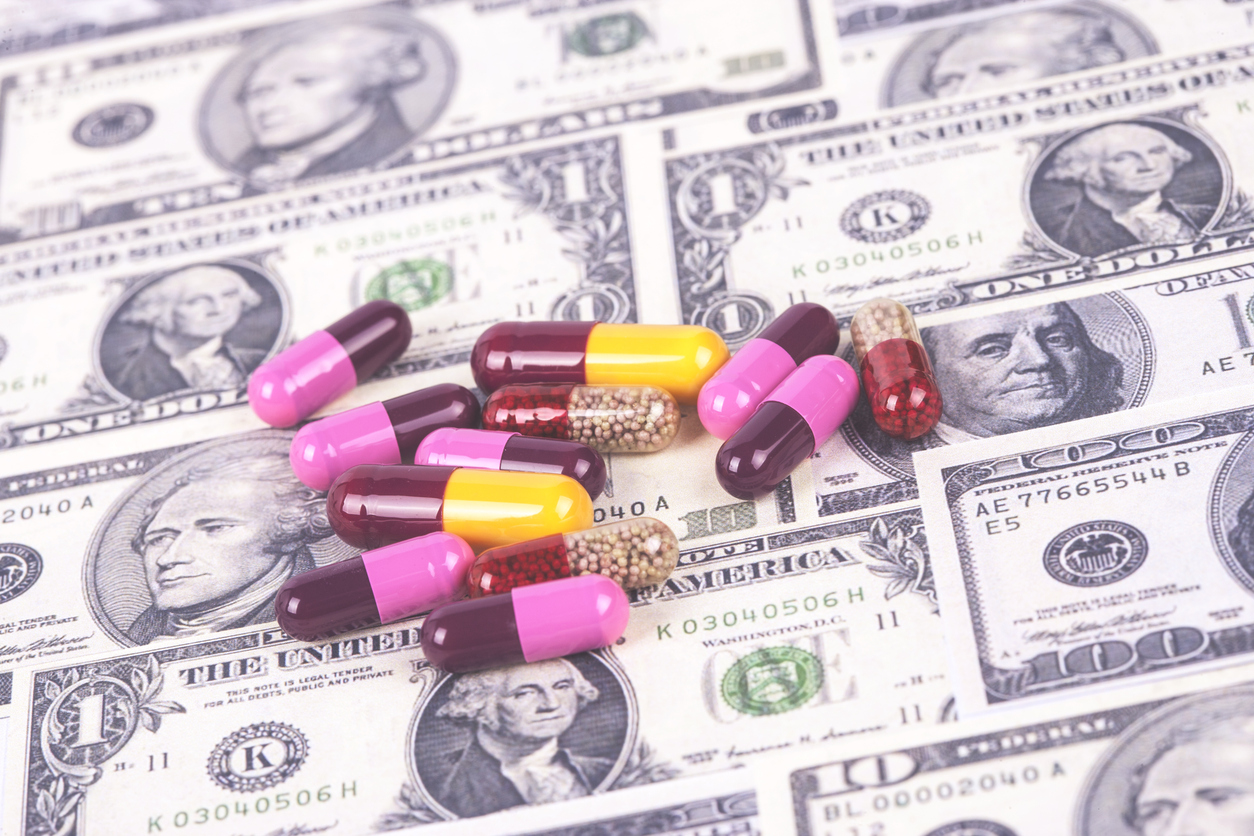Catalyst sparks price row in US with $300,000 rare disease drug

The controversy over rising drug prices in the US has been reignited after it emerged that the yearly cost of the life-sustaining rare disease drug Firdapse has been hiked from free to more than $300,000.
Vermont’s independent Senator Bernie Sanders, and outspoken critic of big pharma’s pricing strategies in the US, has written to Catalyst Pharmaceuticals to demand why the price has been increased drastically for the treatment for Lambert-Eaton myasthenic syndrome (LEMS).
Sanders has accused the company of exploiting the country’s orphan drug laws, after acquiring rights to market Firdapse (amifampridine), also known as 3,4-DAP, from Jacobus Pharmaceuticals in December 2018 for a seven-year period.
Catalyst has exclusive rights to market the drug under US orphan drug rules, and initially announced a list price of $375,000 per year, Sanders noted.
Reuters has since reported that Catalyst has now set the price at between $300,000 and $318,750 per year, although rebates and other discounts will reduce the cost by 15% and 20%.
The previous supplier had provided the drug for free under the FDA’s compassionate use programme.
Sanders said in a statement that US patients are “frightened as to whether or not they will b e able to maintain access to a drug they depend upon to survive”.
In a Skype interview with Sanders patient Rebecca Hovde, of Wellman, Iowa, she said: “I have friends saying that it’s too much. They know they can’t afford it. And they’re just going to go to bed when their 3,4-DAP runs out.”
Catalyst had been trying Firdapse approved by the FDA for several years, a move that has allowed it to market it as a branded drug with a premium price tag.
The regulator knocked the drug back in 2016 with a “refusal to file letter” so Catalyst refiled in February last year, and the drug was finally approved in November.
In a presentation to investors in December, Catalyst chief financial officer Alicia Grande said the rationale for getting the drug officially approved by the FDA was to provide definitive evidence about its safety and efficacy, and make the drug available to all patients with the disease.
Catalyst estimates that only around 10% of the 3,000 people with the disease in the US received the drug under previous arrangements, and Grande said that it wants to increase to ensure all patients receive it.
The company also wants to study Firdapse in other rare diseases including congenital myasthenic syndromes, MuSK antibody positive myasthenia gravis, and spinal muscular atrophy type 3. In Europe, Firdapse is manufactured and marketed by BioMarin.











